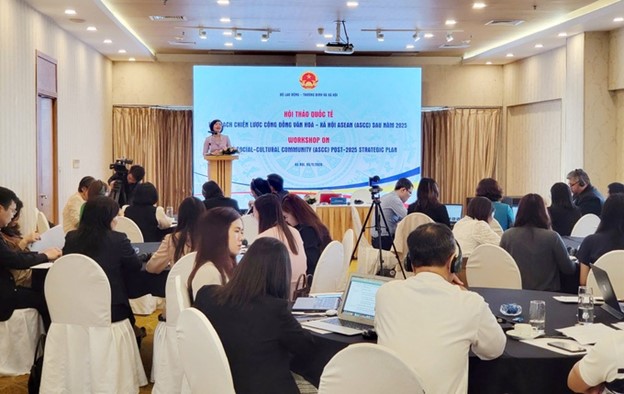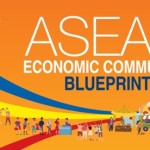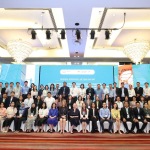Total number of posts 463.
On November 5, 2024, the Ministry of Labor, Invalids and Social Affairs, as the host agency of the ASEAN Socio-Cultural Community (ASCC) in Vietnam, organized an international workshop on the ASEAN Socio-Cultural Community Strategic Plan for the post-2025 period.

The workshop was attended by representatives from the Ministry of Foreign Affairs, the Ministry of Industry and Trade, ministries and sectors related to ASEAN Culture and Society in Vietnam, relevant departments within the Ministry of Labor, Invalids and Social Affairs, embassies of ASEAN countries in Hanoi, United Nations agencies, international organizations in Vietnam, and media outlets. Notably, the workshop was connected online with the ASEAN Secretariat, headquartered in Jakarta, Indonesia.
In her opening remarks, Ms. Ha Thi Minh Duc, Deputy Director General of the Department of International Cooperation (Ministry of Labor, Invalids and Social Affairs), noted that at the 43rd ASEAN Summit in 2023, ASEAN Leaders adopted the ASEAN Community Vision 2045 and outlined tasks for the three pillars of the Community: Political-Security, Economic, and Socio-Cultural. The Vision will be implemented through each Community’s Strategic Plan, which will be presented to ASEAN leaders at the 2025 Summit.
Deputy Director General Ha Thi Minh Duc emphasized that completing the Strategic Plans for all three pillars is a key priority for ASEAN through 2025. She affirmed that Viet Nam and other ASEAN member states are focusing on the development process, seeing it as an opportunity to incorporate national priorities into the region's overarching plan. The Strategic Plans, especially the ASCC Post-2025 Strategic Plan, once approved, will help build a dynamic and self-reliant Community, not only safeguarding citizens’ welfare but also promoting regional growth and advancement.
At the workshop, a representative from the Ministry of Industry and Trade—the agency in charge of ASEAN's Economic Pillar—shared insights on the "ASEAN Economic Community Strategy Post-2025 Strategic Plan." He highlighted that the ASEAN Economic Community has built on the goals of the 2025 Master Plan, which has been implemented for over eight years, to inform the Post-2025 Strategic Plan. ASEAN is projected to become the world's fourth-largest economy by 2050, so crafting a robust, forward-thinking economic strategy that integrates member countries' interests is critical to achieving this growth. Given global polarization trends, shifts in trade flows and supply chains, technological advancement, digital transformation, demographic changes, and external factors like climate change, the ASEAN Economic Community must navigate both new opportunities and challenges with flexibility, creativity, and stronger collaboration.
To realize its vision, the ASEAN Economic Community reaffirmed its commitments in the draft “ASEAN Community Vision 2045,” adopted at the 43rd ASEAN Summit in 2023. This vision lays out key goals for the ASEAN Economic Community after 2025, including advancing deeper economic integration to establish a common market and production hub and strengthening ASEAN's internal capacities to become a pivotal link in the global supply chain. Moreover, ASEAN seeks not only economic growth but also sustainable and inclusive development, ensuring benefits for all social sectors, especially small and medium enterprises.
ASEAN also aims to become a center of technology and innovation, fostering technological collaboration to leverage scientific advances, digital transformation, and to build a trustworthy digital ecosystem. The ASEAN Economic Community will continue fostering mutually beneficial partnerships with countries and international organizations, maintaining its central role in regional affairs, and striving for leadership in the global economy. Lastly, ASEAN seeks to enhance its crisis-response capabilities to address future challenges, from climate change to geopolitical issues. These directions will be detailed in the AEC Strategic Plan for the post-2025 period, which is expected to be presented at the 47th ASEAN Summit.

Finally, the workshop featured valuable insights from organizations and partners regarding operational priorities linked to specialized cooperation areas at the regional level. As ASEAN prepares to complete the implementation of the ASEAN Socio-Cultural Community Master Plan 2025 and Project 161, the Ministry of Labor, Invalids and Social Affairs views this as a crucial task and a foundation for the ministry to further develop a national-level project to implement the Strategic Plan, following Project 161.














